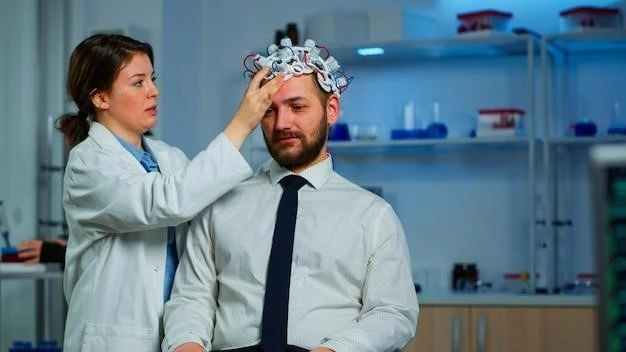Symptoms of Cranioacrofacial Syndrome
Individuals with Cranioacrofacial Syndrome may experience craniofacial abnormalities, hearing loss, and dental issues.
Common Symptoms
Common symptoms of Cranioacrofacial Syndrome include facial asymmetry, cleft palate, eye abnormalities, and speech difficulties. Patients may also exhibit developmental delays, intellectual disability, and respiratory problems. Early identification and intervention are crucial for managing these symptoms effectively.
Causes of Cranioacrofacial Syndrome
Cranioacrofacial Syndrome is primarily caused by genetic mutations that affect the development of the face, head, or neck.
Genetic Mutations
The genetic mutations associated with Cranioacrofacial Syndrome can be inherited or occur spontaneously. These mutations impact genes responsible for facial development, leading to the characteristic features and health challenges seen in individuals with the syndrome. Understanding the specific genetic alterations involved is crucial for precise diagnosis and potential targeted treatments in the future.
Treatment Options for Cranioacrofacial Syndrome
Treatment for Cranioacrofacial Syndrome focuses on addressing individual symptoms and may include surgical interventions, speech therapy, and multidisciplinary care.
Medical Interventions
Medical interventions for Cranioacrofacial Syndrome may involve reconstructive surgeries to address facial abnormalities, hearing aids for hearing loss, and orthodontic treatments for dental issues. Additionally, speech therapy can help improve communication skills, while ongoing monitoring and management of associated medical conditions are essential for optimal outcomes.
Diagnosis of Cranioacrofacial Syndrome
Diagnosing Cranioacrofacial Syndrome involves a thorough physical examination and genetic testing for accurate identification.
Physical Examination
The physical examination for Cranioacrofacial Syndrome includes assessing facial features, head shape, ears, and oral cavity. Healthcare providers may also evaluate developmental milestones and overall growth patterns. These observations, combined with genetic testing results, play a crucial role in confirming the diagnosis and developing an appropriate management plan tailored to the individual’s needs.
Prognosis of Cranioacrofacial Syndrome
The prognosis for individuals with Cranioacrofacial Syndrome varies based on the severity of symptoms and the efficacy of treatment interventions.
Outcomes
The outcomes for individuals with Cranioacrofacial Syndrome depend on early detection, comprehensive medical care, and ongoing support. With appropriate interventions, many patients can lead fulfilling lives, overcoming challenges associated with the syndrome. Regular follow-ups and coordinated care among healthcare providers contribute to improved long-term outcomes and quality of life.

Research Updates on Cranioacrofacial Syndrome
Stay informed about the latest advancements and studies related to Cranioacrofacial Syndrome for improved understanding and treatment.
Current Studies
Ongoing research on Cranioacrofacial Syndrome focuses on understanding the underlying genetic mechanisms, improving diagnostic approaches, and exploring novel treatment modalities. Collaborative efforts among researchers and healthcare professionals aim to enhance outcomes and quality of life for individuals affected by this condition. Stay tuned for updates on promising developments in the field.
Living with Cranioacrofacial Syndrome
Discover valuable tips and strategies for managing daily challenges and enhancing the quality of life with Cranioacrofacial Syndrome.
Practical Tips
Living with Cranioacrofacial Syndrome may require special considerations. Some practical tips include maintaining regular medical check-ups, seeking support from healthcare professionals, fostering a strong support network, and staying informed about available resources and treatment options. Additionally, prioritizing self-care, engaging in therapies as needed, and promoting a positive mindset can contribute to overall well-being and resilience.
Support Groups for Cranioacrofacial Syndrome
Join dedicated support groups to connect with others facing similar challenges and access valuable resources and guidance.
Community Resources
Community resources play a vital role in supporting individuals with Cranioacrofacial Syndrome and their families. These resources may include specialized healthcare centers, educational programs, advocacy organizations, and online platforms offering information and support. Accessing these resources can provide valuable assistance, guidance, and a sense of community for those impacted by the syndrome.
